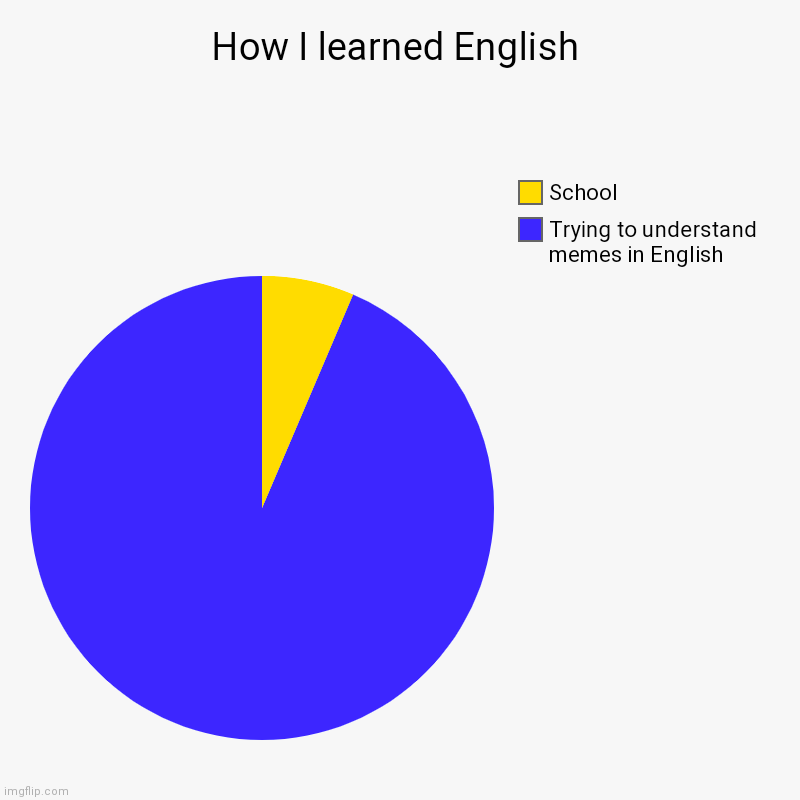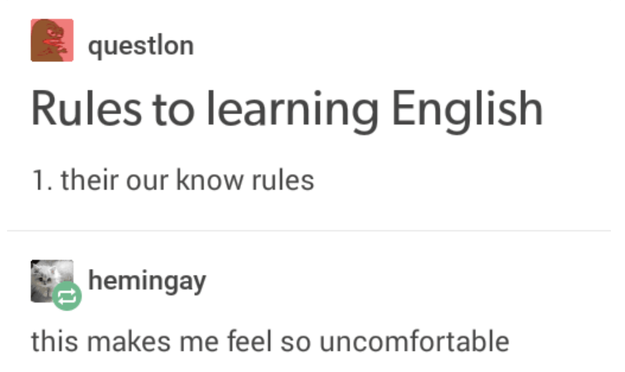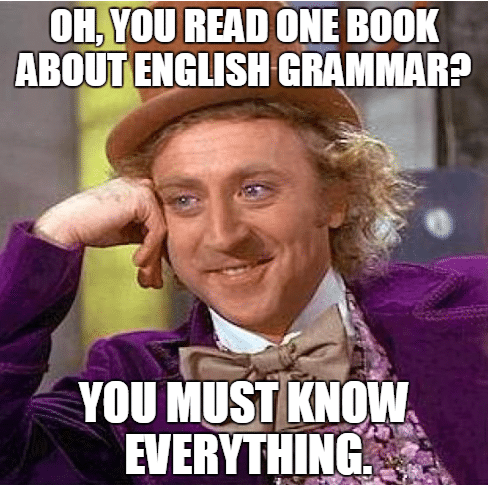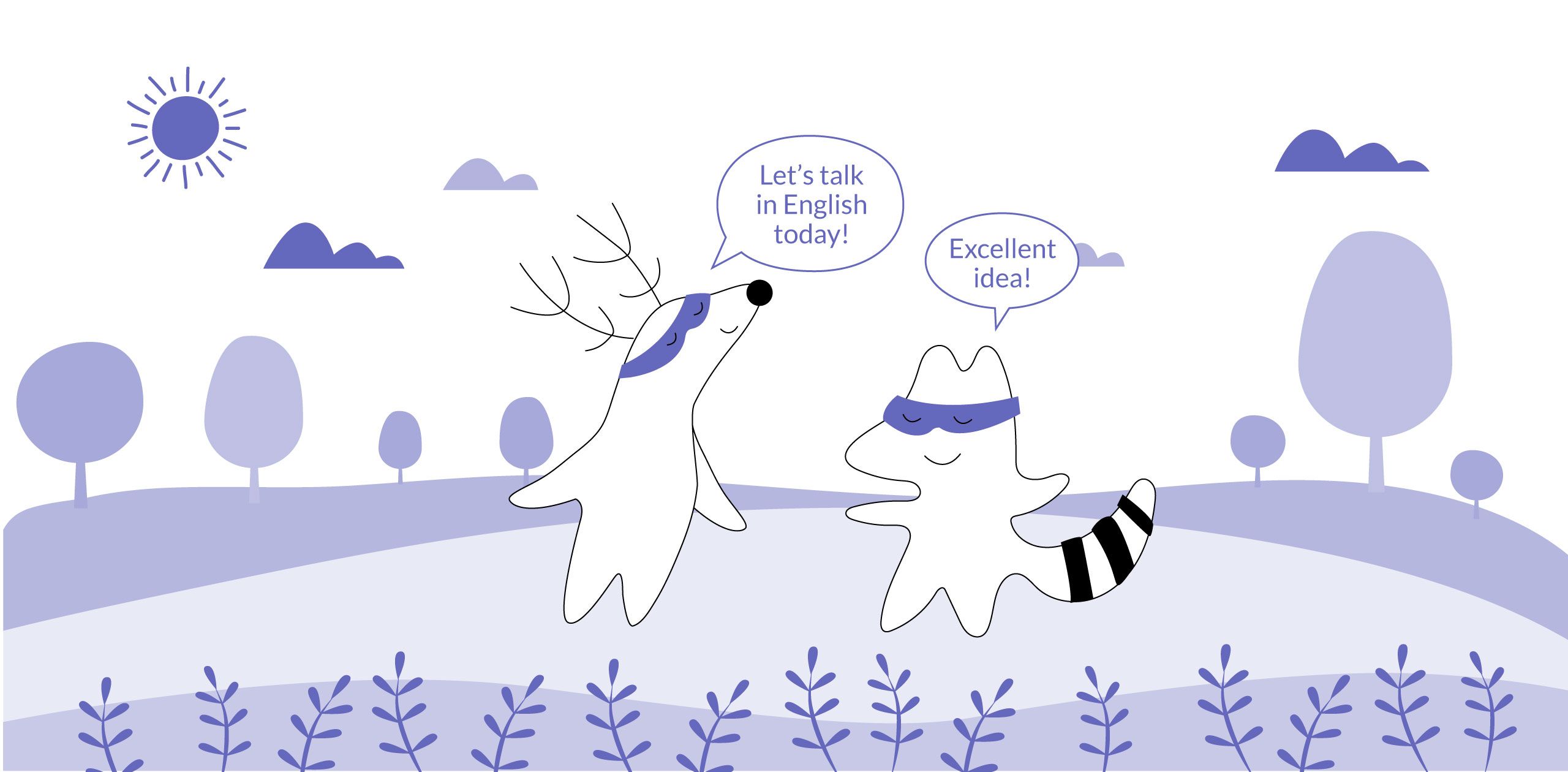Memes have become an integral part of online culture. They are humorous, entertaining, and provide a great way to pass the time. But did you know that memes can also be used as an effective tool for learning English? By using meme vocabulary, you can quickly improve your fluency while having some fun in the process.
Memes provide an easy way to learn new words and phrases without feeling overwhelmed or intimidated by long lists of unfamiliar terms. This method is often more enjoyable than traditional approaches since it gives learners the opportunity to engage with popular culture in a meaningful way.
Additionally, memes help make language learning more relatable and accessible since they use everyday language that most people already understand on some level — even if they don’t yet understand all its nuances or implications.
In this article, we will explore how utilizing memes can help boost your English fluency skills with ease and enjoyment! We will cover the advantages of using memes to learn English, as well as tips on how to use them effectively.

And, of course, you will also find examples of commonly used meme words/phrases along with their meanings so that you can get started right away!
Learn English with Langster
What Are Memes?
First, let’s take a step back and explain what memes actually are.
A meme is essentially an image or video that has been altered in some way to communicate a message.
These messages are usually humorous, whether that humor is dark, satirical, or just plain goofy. They also often contain popular culture references and are meant to be shared on the internet, with each iteration usually becoming slightly different from the last.
Memes can come in many different forms, but the most common type of meme includes a combination of text and imagery.
Memes have become increasingly popular over the past few years due to their ability to engage people in various topics and bring fun discussions to the table. Memes are a lot like a cold, if you think about it — one person shares it with their friends, who then share it with their friends, and before you know it, the entire internet is sharing the same cat picture.
And, while you might not realize it, the concept of memes predated the internet — the term existed earlier and was used to refer to a cultural transmission — an idea or practice that was passed down through imitation.
Learning English with Memes: Tips and Benefits
There are multiple advantages to incorporating memes into your English language journey — but you should know how to do it right. For instance, when you're scrolling through social media, take a moment to appreciate the memes that make you laugh out loud.
Whether you're browsing Facebook, Twitter, or Instagram, chances are you'll come across some hilarious bits. But don't just mindlessly chuckle and scroll past them. Take note of how they're being used in terms of grammar and sentence structure.
If you really want to delve deep into the world of memes, head over to Reddit. There's a whole page devoted to these silly pictures, and it's the perfect place to investigate how people use them in real life.
Just take your favorite memes and search for more examples of them on Reddit, Know Your Meme, and Google Images. You'll be amazed at how versatile these little pictures can be, and you'll be building your vocabulary in different contexts without even realizing it.
Be warned: not all memes are suitable for all audiences. Some use explicit language, while others are intentionally poorly written to be funny. As such, always exercise caution and use your best judgment.

That being said, memes can actually be a great way to learn new vocabulary and stay up-to-date on current internet culture, providing an easy way for learners to remember words and phrases since they are associated with familiar images or videos. This makes them easier to recall when needed and helps create a more successful learning experience.
Besides, memes are accessible and free to use since they are widely available online. There is no need to purchase expensive language learning programs or materials — all you need is an internet connection and a bit of imagination!
Additionally, memes can help you become more aware of the hidden meanings behind words and phrases. Since memes often contain puns, slang, and other forms of informal language, they’re an excellent way to learn new words that you might not come across in a regular dictionary.
For example, you might recognize the phrase “on fleek” from various online memes, but by doing further research, you can learn that it actually means to be fashionable or trendy.
Once you've got the hang of how they work, why not try your hand at making your own, and show off how your English vocabulary has grown? There are plenty of websites out there that make it super easy to create your own memes.
So, the next time you come across a meme that makes you smile, take a moment to appreciate it and maybe even learn something new. Who knows? You might just become a meme expert in the process!
Types of Memes You Can Learn From
Viral Memes
When something becomes a hit on the internet, it doesn't just go viral — it explodes like wildfire, spreading rapidly to millions of people all over the world. Whether it's a funny meme or a catchy song, the power of the internet can turn it into a phenomenon that captures the hearts and minds of people from all walks of life.
For instance, already this year, we can think of several viral and meme-worthy topics and events from all around the globe — FIFA World Cup Qatar 2022™, Elon Musk acquiring Twitter (the treasure trove of the most relevant memes!) and completely ruining it, Prince Harry’s autobiography Spare, Adam Levine’s DMs drama, and the list goes on…

Interestingly enough, the term "viral" actually comes from the world of biology. Just like a virus can quickly spread from one person to another, so too can memes and other cultural phenomena — hence the earlier comparison with the cold.
Whether it's a cold or a meme, the power of viral spread is something that can't be ignored. It's a reminder of the internet’s incredible power to connect people and ideas in ways that were once thought impossible.
Condescending
There's nothing worse than when someone talks down to you as if they're better than you. They might act like they know more than you or be dismissive of your efforts to improve yourself. This behavior is known as being condescending, and it's something that most of us have experienced at one point or another.
One popular meme that perfectly captures this kind of behavior is Condescending Wonka. It features a picture of the beloved character from Willy Wonka and the Chocolate Factory (1971) with a smug look on his face and a snarky comment written on top.
This meme is often used to poke fun at people who think they're better than others or who try to show off their supposed superiority. It's the perfect way to call out someone who's being arrogant or self-important and to bring them down a notch.
Be warned, this type of humor is not for everyone. It's very sarcastic and can be quite cutting, so it's important to use it with care. If used properly, however, it can be a hilarious way to call out bad behavior and make people laugh at the same time.
Seems Legit
When it comes to describing something that's real or official, the word "legitimate" is the way to go. It's what separates truth from fiction and separates genuine needs from frivolous ones. You can't just call the police for anything — you need a legitimate reason!

But, in the world of slang, "legitimate" has been shortened to "legit" and is used all the time. It's a quick and easy way to say something is real or valid.
One way to play off this slang term is the "Seems Legit" meme. It typically features the phrase "seems legit" paired with pictures of things that are clearly fake or suspicious.
Whether it's poking fun at fake products or dubious claims, the "Seems Legit" meme is a great way to call out something that's obviously not on the up-and-up. And, in a world where fake news and misinformation are so prevalent, it's important to be able to spot things that just don't seem right.
So, the next time you come across something that's fishy, just remember to say, "seems legit," — and enjoy a good laugh in the process.
The Bottom Line

Learning English with memes is a fun and effective way to improve your language skills. Whether you're a beginner or an advanced learner, memes can help you to expand your vocabulary, improve grammar, and gain a better understanding of modern English culture.
By taking the time to study memes and understand how they're used, you'll be able to pick up on the nuances of the language and develop a more natural speaking style. You'll also gain a better sense of humor and be able to connect with native speakers on a deeper level.
So, the next time you're scrolling through social media, don't just mindlessly laugh at memes — take the time to analyze them and see what you can learn. With a bit of practice and our Langster app up your sleeve, you'll soon find that your English skills have improved by leaps and bounds, and you'll be able to communicate with confidence and ease.









